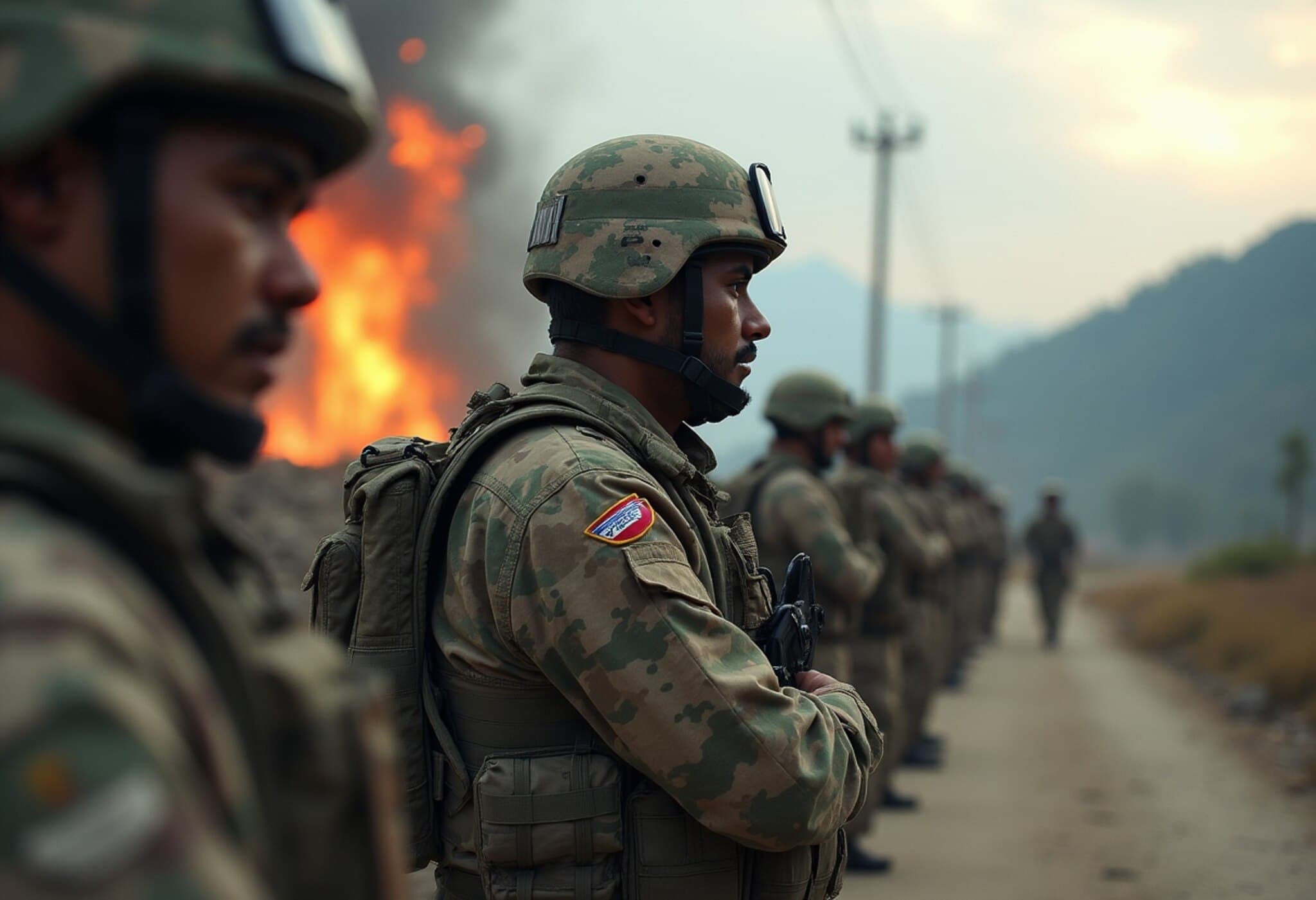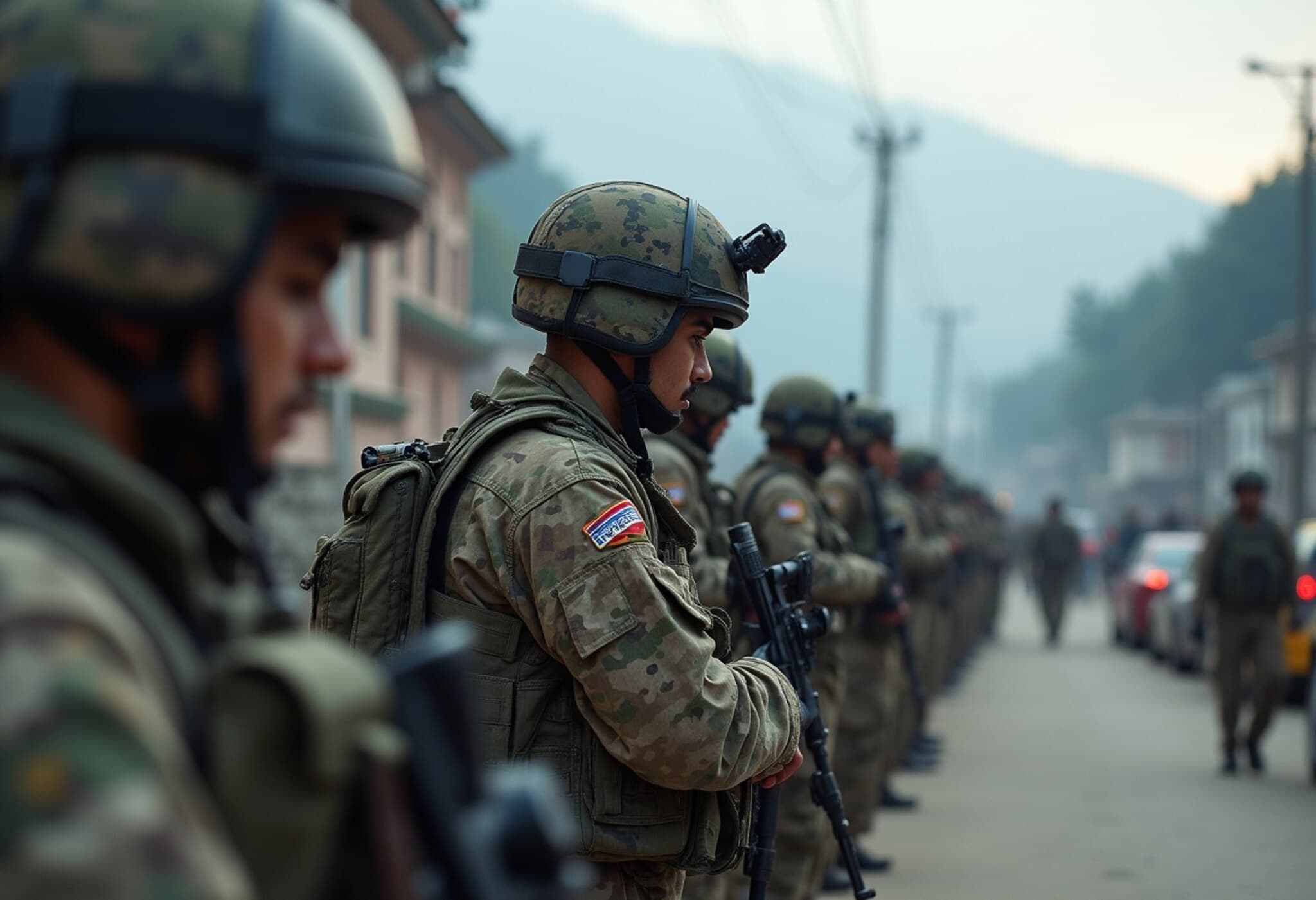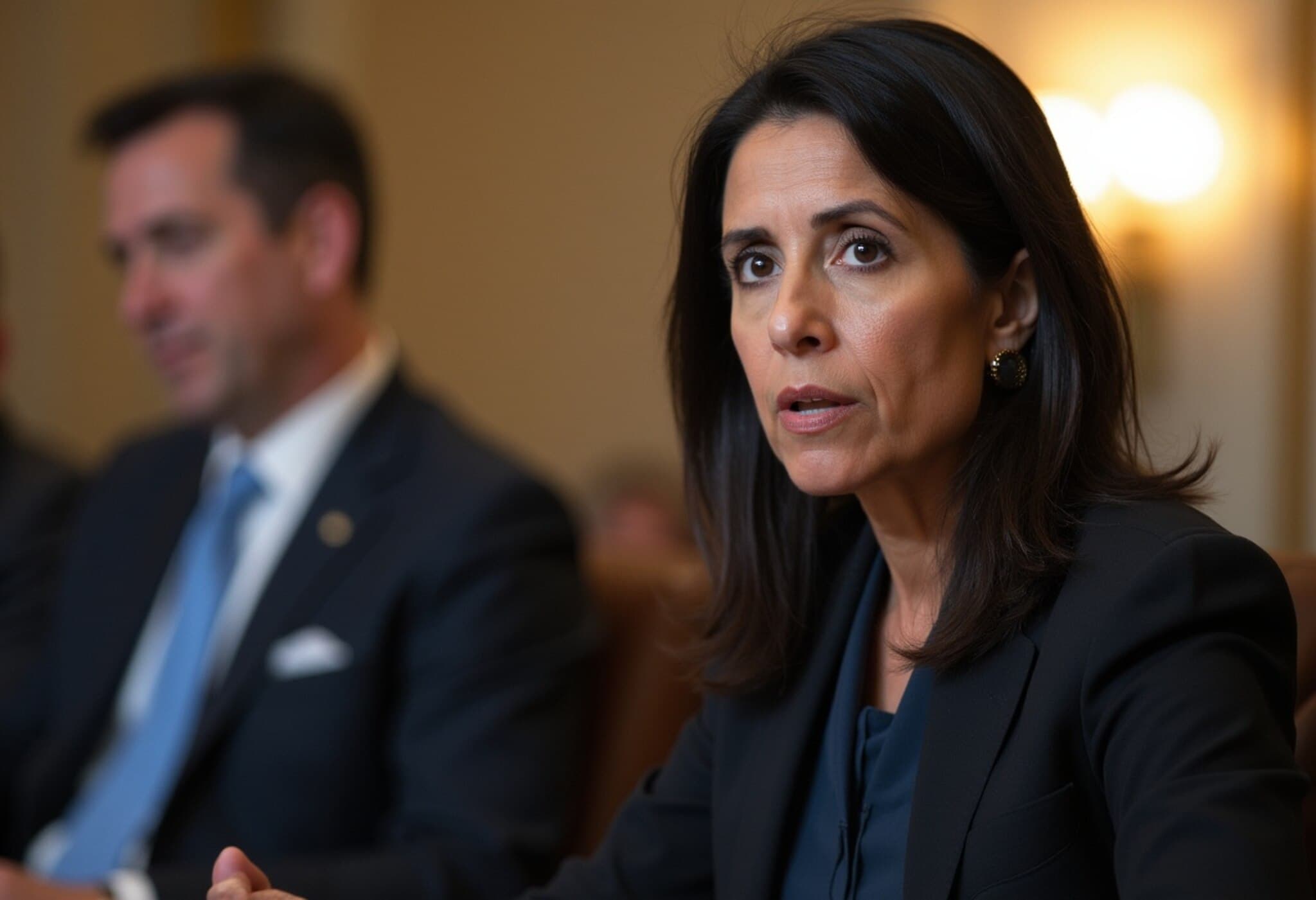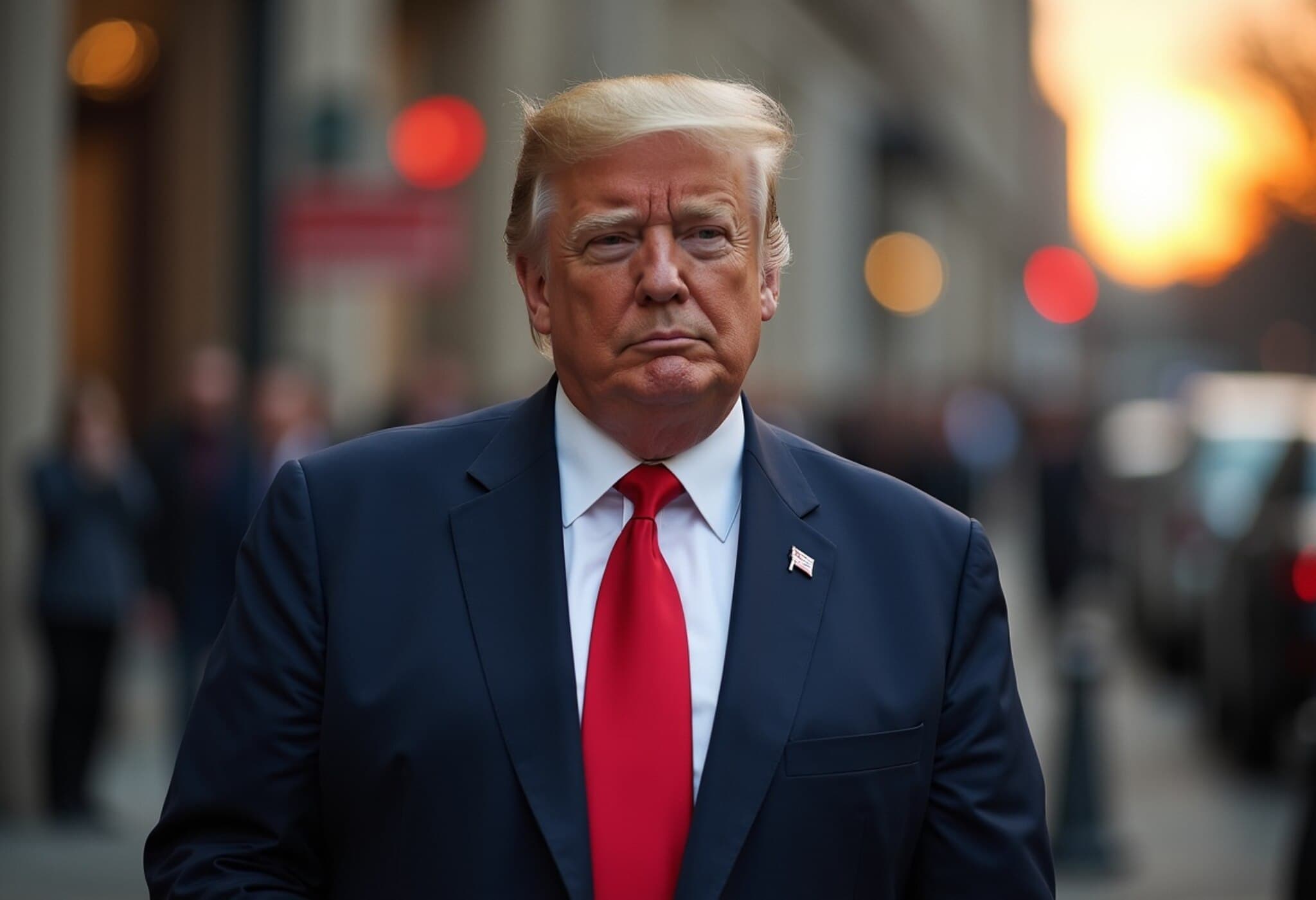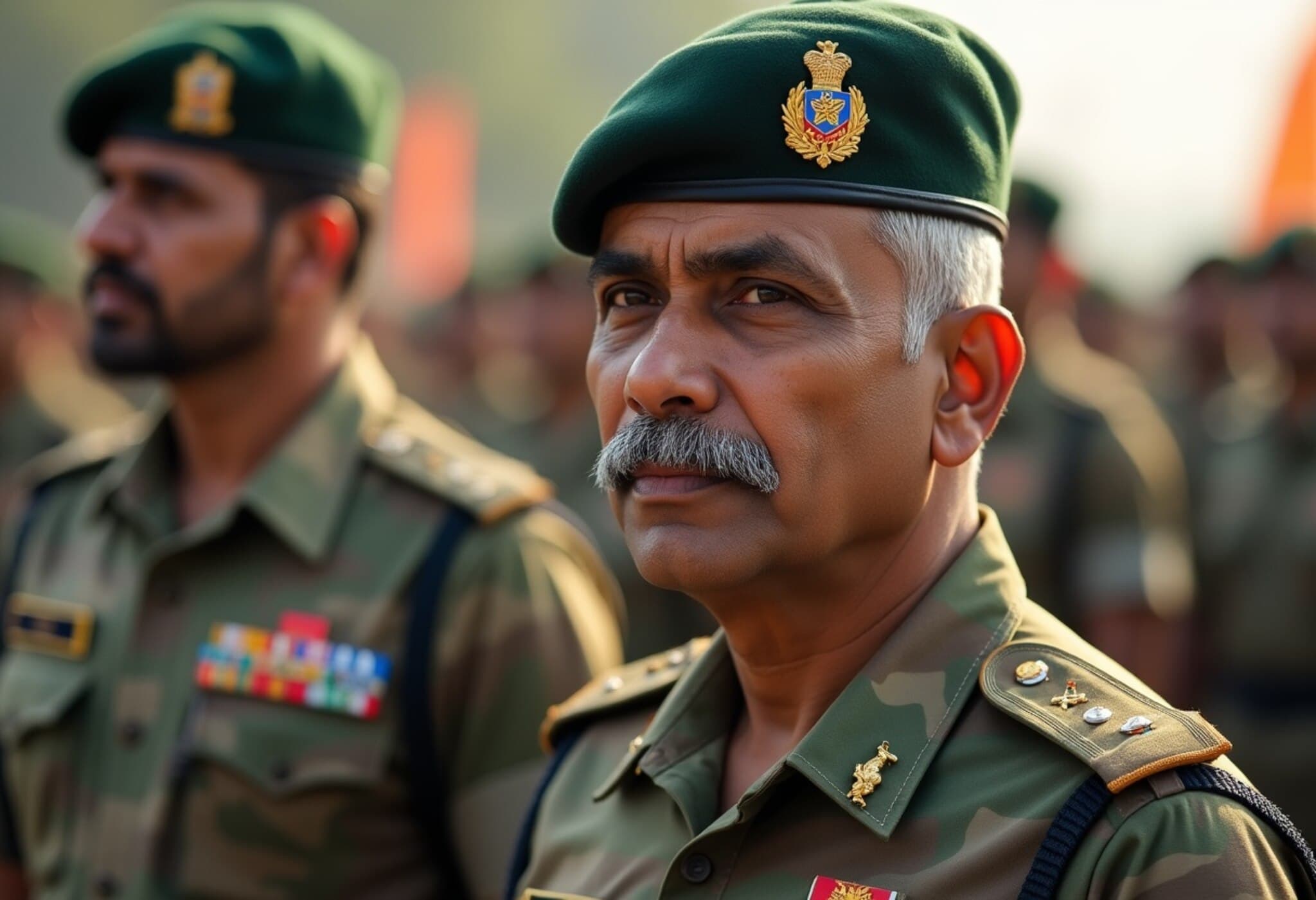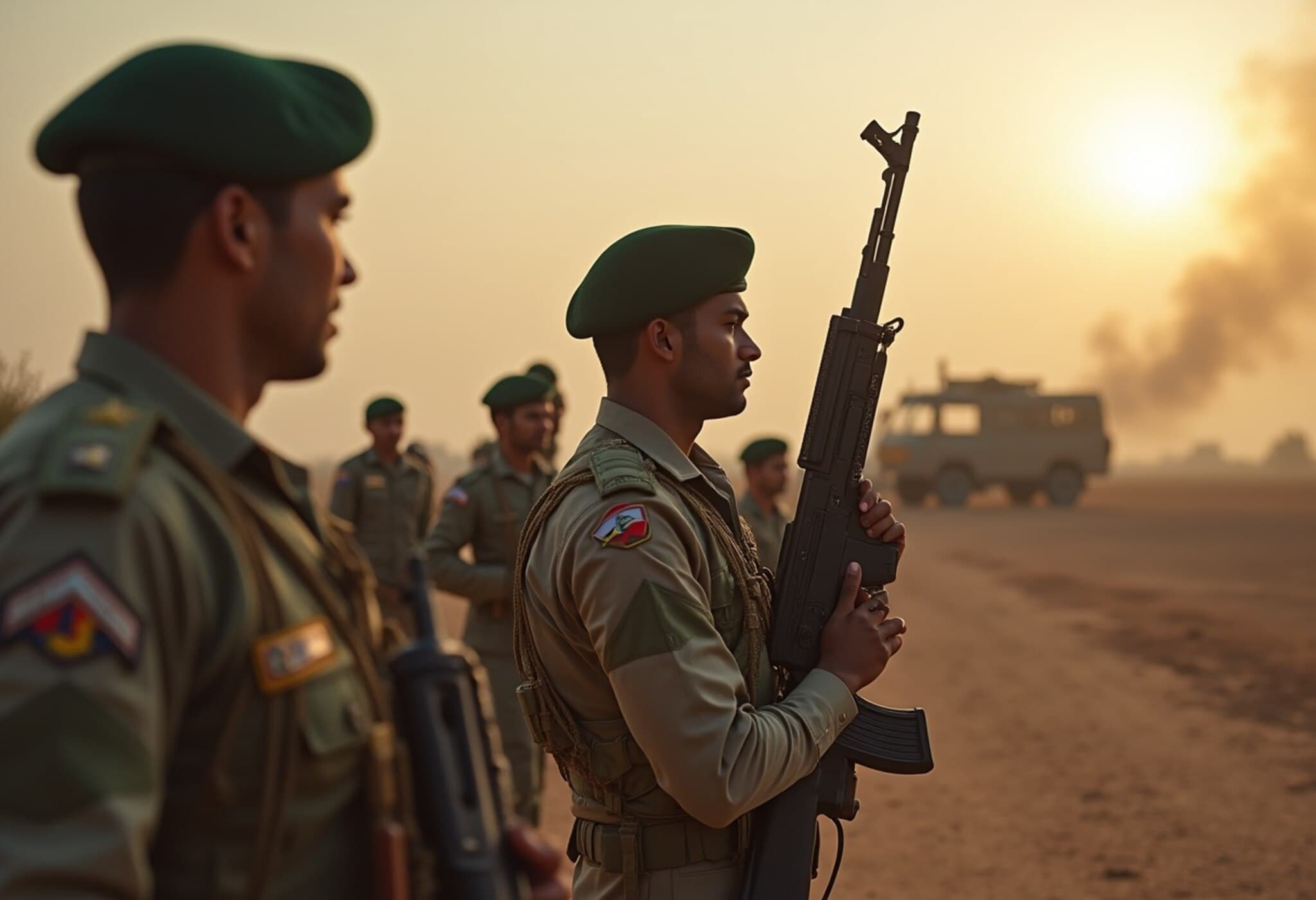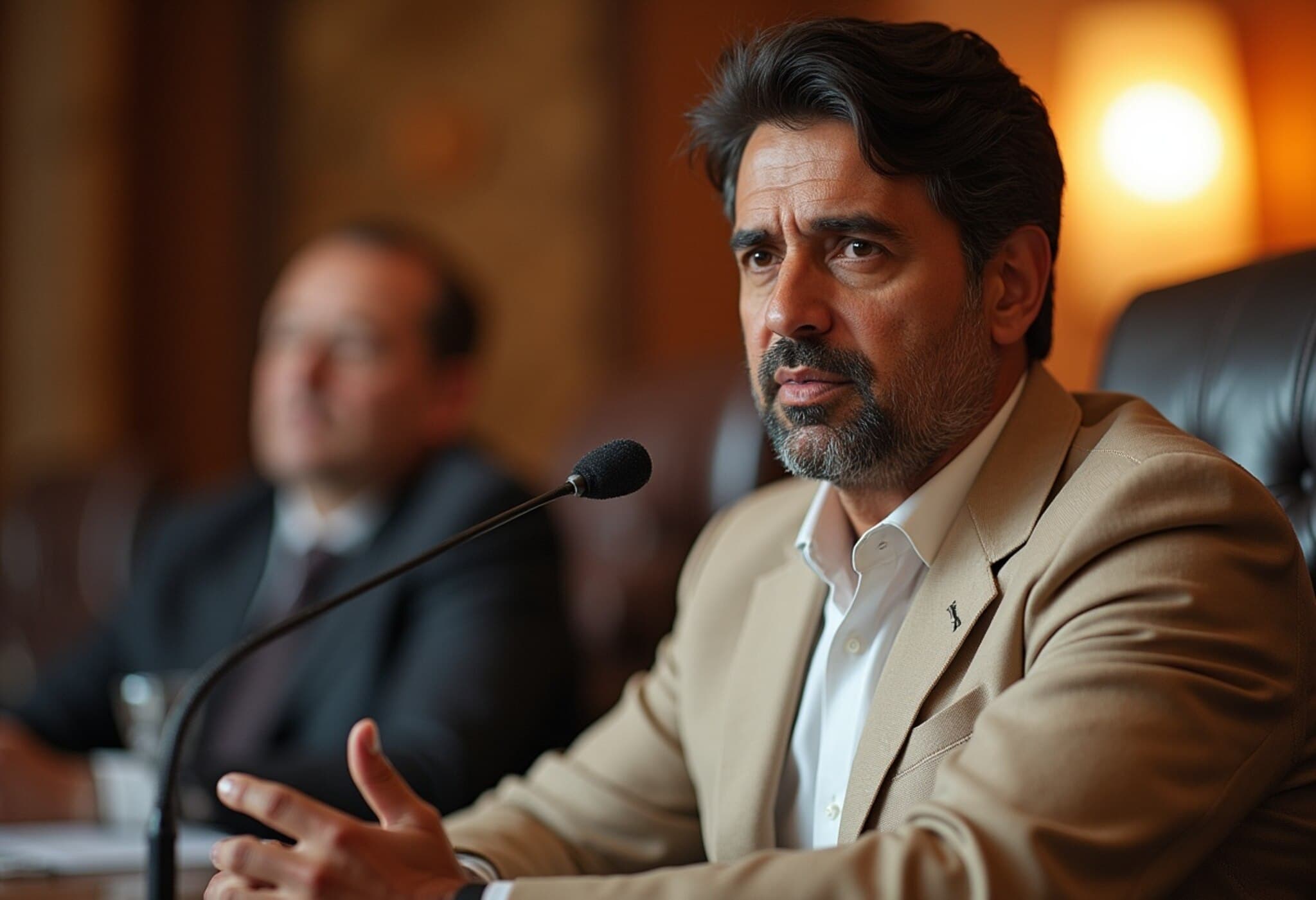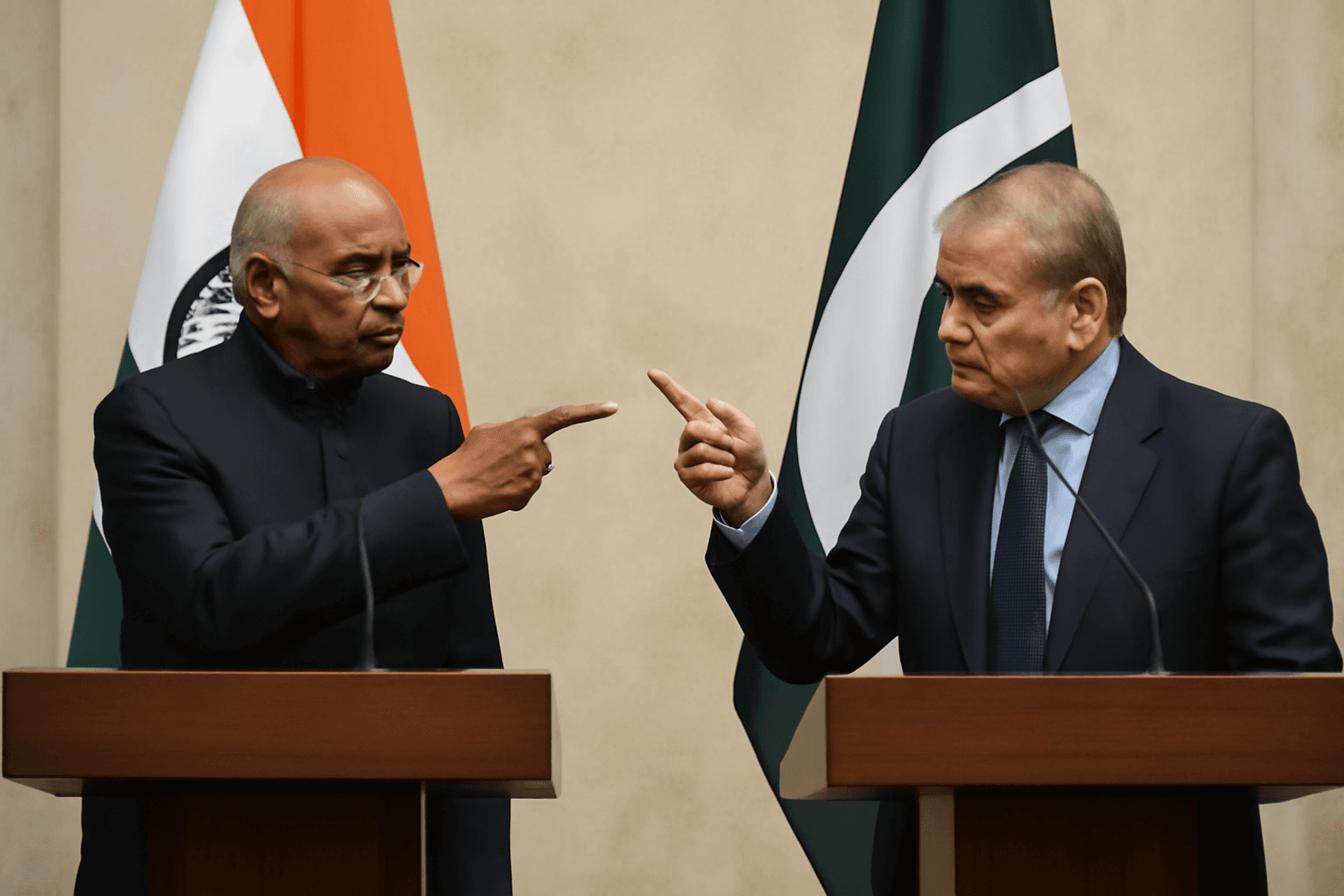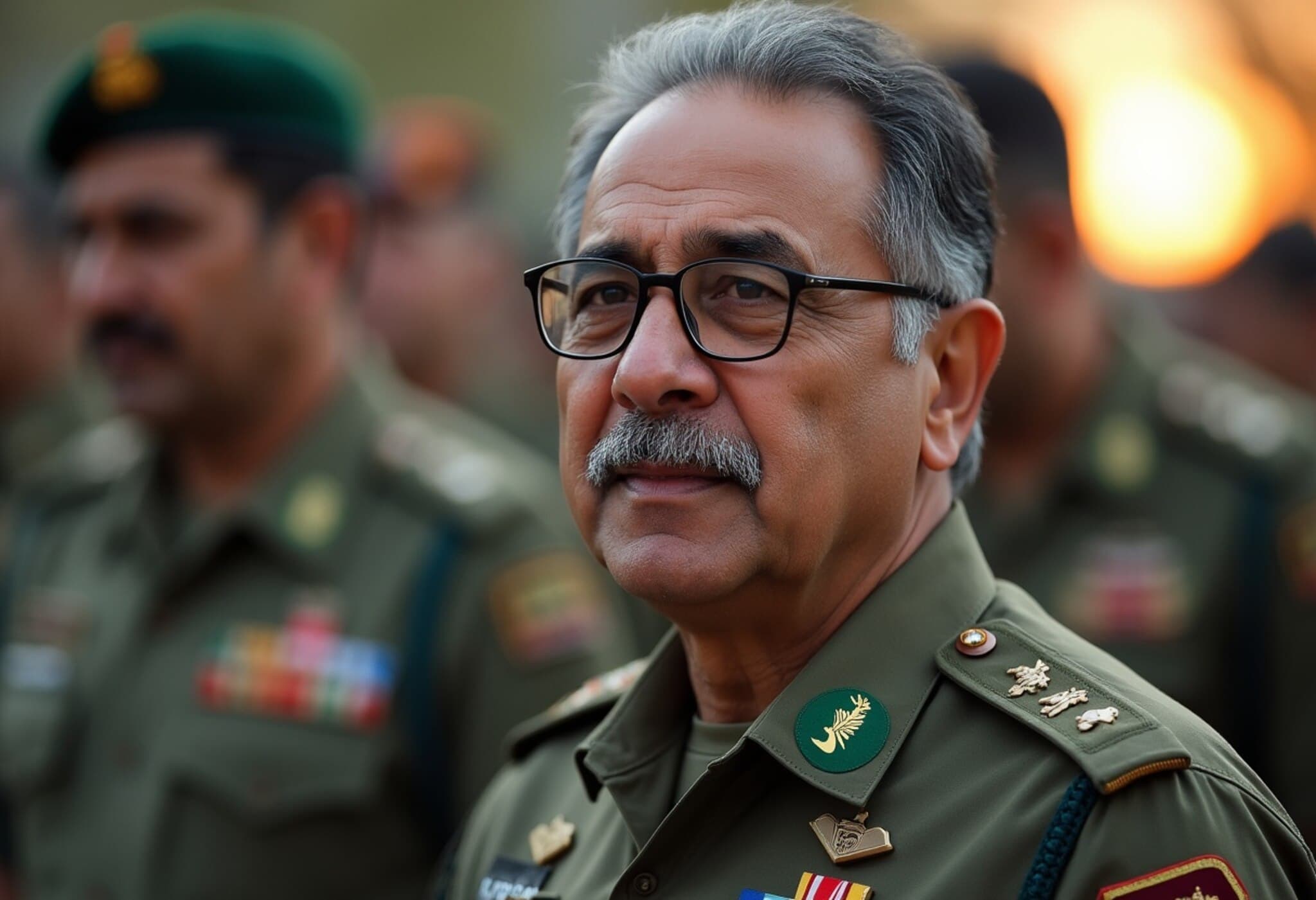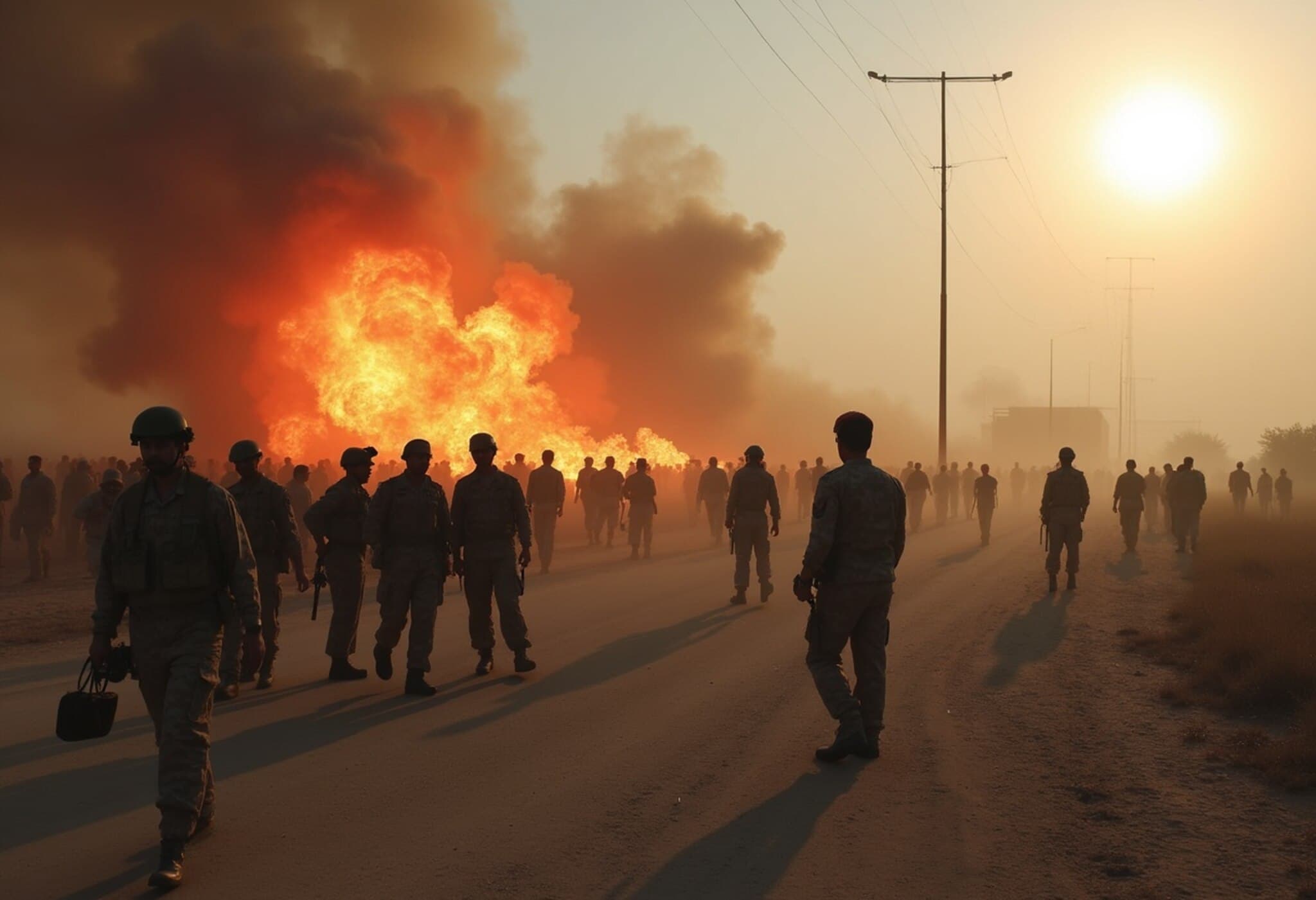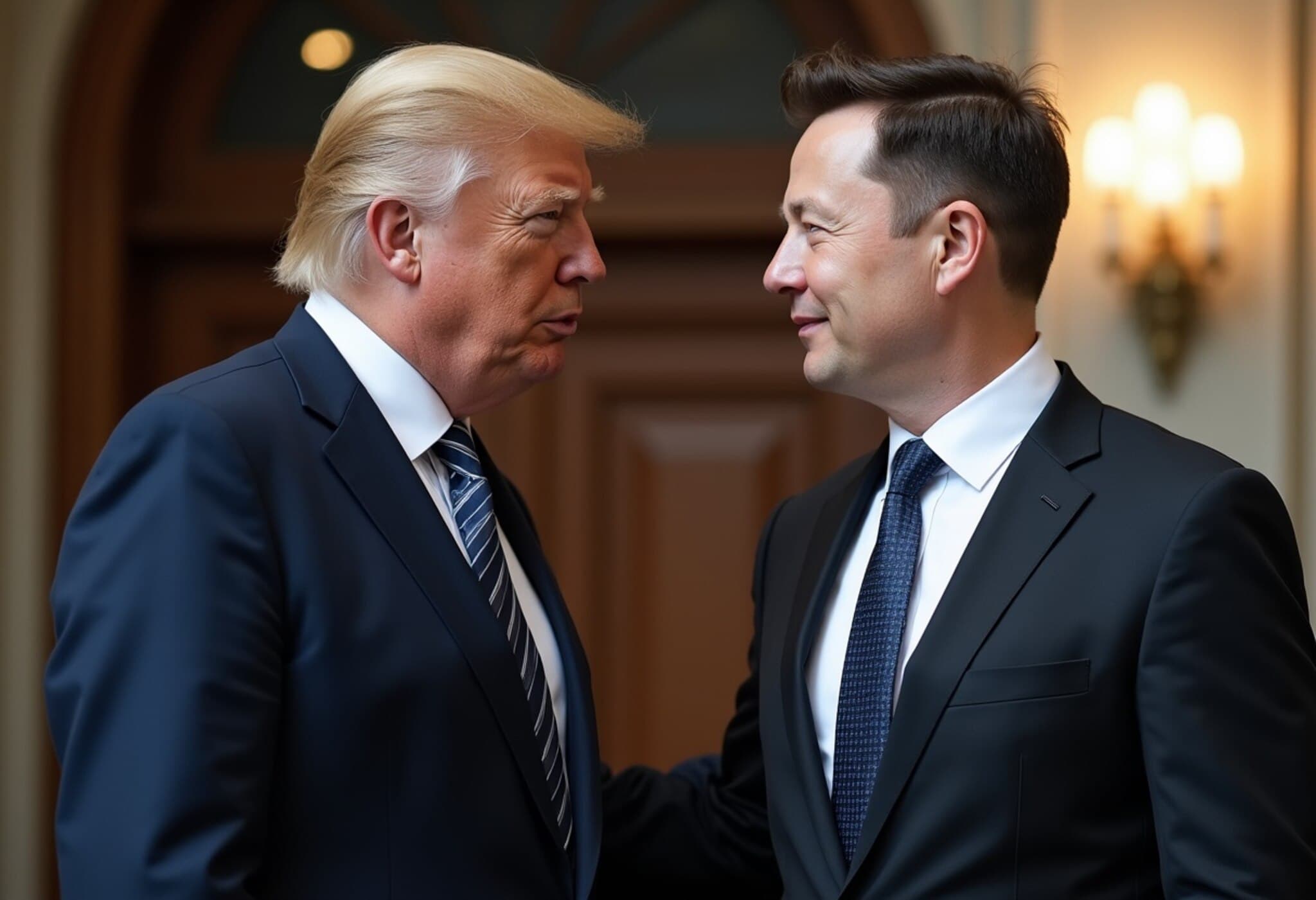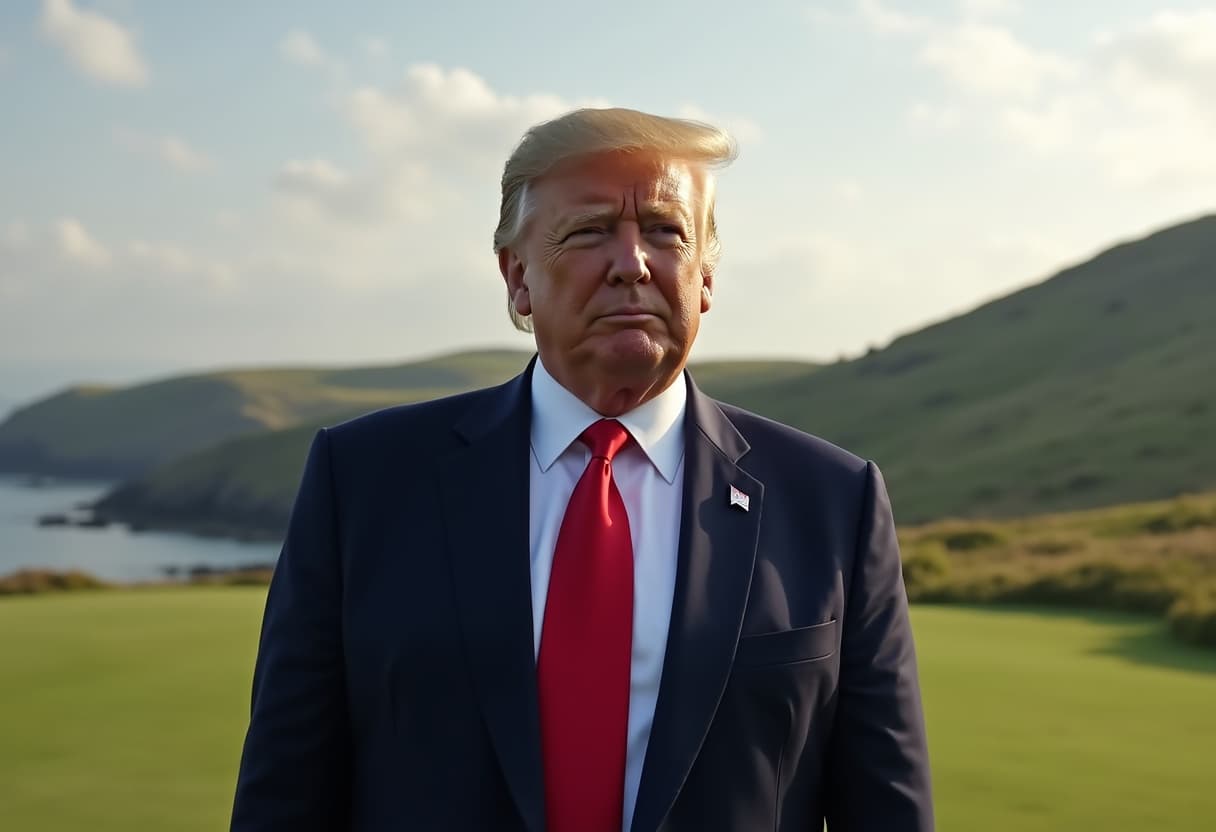Operation Sindoor: India’s Strategic Counterterrorism Response
In the wake of a brutal terror attack on April 22, 2025, India launched Operation Sindoor targeting terror networks believed to be operating from Pakistan and Pakistan-occupied Kashmir (PoK). The central government officially described the operation as a precise and calculated effort to dismantle terrorist infrastructure and neutralize imminent threats poised to infiltrate Indian territory.
Government Clarifies Ceasefire Was Not Under Foreign Duress
Addressing concerns in the Rajya Sabha, Minister of State for External Affairs, Kirti Vardhan Singh, emphasized that Operation Sindoor was not driven by international pressure but was a sovereign response to Pakistan-sponsored cross-border terrorism. He made it clear that the Indian forces’ ceasefire announcement was a strategic decision after achieving key objectives, not a concession to external diplomatic demands.
Background: A Response to the Pahalgam Attack
The operation was instigated as retaliation for the horrific Pahalgam terror assault, which claimed multiple lives and shook the nation’s sense of security. In response, early May saw the Indian armed forces conduct precision strikes, reportedly destroying nine terror camps in Pakistan and PoK territories. This operation sought to preempt further infiltration attempts and curb escalation in border hostilities.
Scope and Impact of Operation Sindoor
- Focus on eliminating terrorists planning cross-border attacks and dismantling their logistics.
- Strikes extended beyond militant facilities to include Pakistani military targets, marking a robust shift in tactical operations.
- The strikes inflicted significant damage on Pakistani military assets, showcasing India’s readiness to defend and retaliate decisively.
- Subsequently, a request for ceasefire was issued by Pakistan’s Director General of Military Operations, accepted by India, highlighting the operation’s impact.
International Dimensions: India’s Global Counterterrorism Diplomacy
The Ministry of External Affairs shed light on India’s sustained diplomatic efforts to isolate Pakistan in the international arena due to its alleged support for terrorist groups. Notably, India has played central roles in global counterterrorism frameworks, including chairing the UN Security Council’s Counter-Terrorism Committee in previous years.
Despite Pakistan’s selection as a Vice-Chair of the same committee in 2025, India’s persistent advocacy has enhanced global awareness of terrorism emanating from across its borders. This has translated into international sanctions and designations against terrorist organizations operating from Pakistani soil, such as the US designating The Resistance Front (TRF) as a Foreign Terrorist Organisation.
Addressing US Military Aid to Pakistan and Regional Stability Concerns
On queries regarding military aid and arms sales from the US to Pakistan, Minister Singh reaffirmed India’s continuous monitoring and diplomatic engagement to ensure these do not threaten Indian security. Furthermore, India remains vigilant about the expanding military cooperation between China and Pakistan, especially in sensitive regions like PoK.
India’s Firm Stance on Kashmir and Sovereignty
The government reiterated its unwavering position that Jammu & Kashmir and Ladakh are integral parts of India. All security and diplomatic maneuvers—including Operation Sindoor—are guided by a steadfast commitment to safeguarding national sovereignty, territorial integrity, and the safety of its people.
India-US Strategic Counterterrorism Partnership
Counterterrorism cooperation remains a pivotal aspect of India-US relations, featuring regular dialogues and mutual legal assistance. Both nations collaborate closely on designating terrorist groups and ensuring robust frameworks to combat cross-border terrorism effectively.
Expert Insight: What Does Operation Sindoor Signify?
Operation Sindoor is more than a military response; it signals India’s evolving doctrine in counterterrorism — moving from reactive defense to proactive disruption of terror networks before they can strike. This approach carries significant diplomatic weight, pressing Pakistan on the international stage and reinforcing India’s insistence on a terror-free frontier.
However, it also raises critical questions about the sustainability of peace in the region without addressing the root causes of cross-border militancy. Will precision strikes and diplomatic pressure suffice, or is a broader political strategy essential for lasting stability?
Editor’s Note
While Operation Sindoor demonstrates India’s capability to launch targeted, effective counterterrorism measures, the ceasefire decision and ongoing diplomatic engagements indicate a complex balance between military assertiveness and strategic restraint. Readers should consider how such operations shape regional geopolitics and the daily realities of border communities. The story underscores the need for continuous scrutiny of security policies alongside nuanced diplomatic efforts to foster long-term peace in South Asia.

